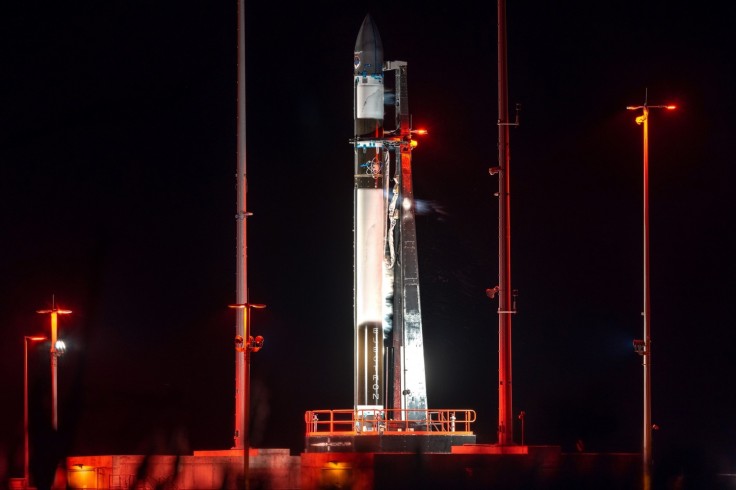Rocket Lab will not be launching its Electron rocket mission as per schedule.
The public aerospace manufacturer and launch service provider recently announced it is delaying the debut launch of its Electron rocket on US soil due to problematic weather conditions.
Rocket Lab's launch has been delayed three times since Dec. 11 because of weather conditions or procedural issues, per NASA.

Rocket Lab Electron Rocket Launch Delay Details
Rocket Lab spokesperson Murielle Baker said during his live launch commentary on what would have been Rocket Lab's first launch on US soil that Earth's upper-level weather isn't optimal for launch, delaying it to Dec. 19 as a result.
Baker explained that Earth's upper winds were unsuitable for the launch at that time, getting the better of them and making this launch Rocket Lab's second delay due to bad weather conditions.
The first delay happened on Dec. 13, when poor weather conditions in the Wallops area prevented the company from giving the green light to launch its Electron rocket into space.
Interestingly, forecasters at NASA's Wallops Flight Facility predict a 90% chance of favorable weather for launch on Dec. 18, with only slight concern for think clouds, per Space Flight Now.
The launch is now scheduled to take place on Dec. 19 at 6 PM EST. People interested in watching the launch can do so at the company's official website or on YouTube.
The delay is unfortunate news for the company as it was hoping to put three radio frequency surveillance satellites for Hawkeye 360 to lay the groundwork for a constellation to detect and monitor radio frequencies globally, per Space.com.
Rocket Lab mentioned in its mission description for its "Virginia Is For Launch Lovers" that the resulting constellation will enable HawkEye 360 to better deliver a precise mapping of radio frequency emissions anywhere in the world.
Rocket Lab mentioned in its mission description for its "Virginia Is For Launch Lovers" that the resulting constellation will enable HawkEye 360 to better deliver a precise mapping of radio frequency emissions anywhere in the world.
The first three satellites of HawkEye 360's constellation, which Rocket Lab's Electron rocket is loaded with, are known as Cluster 6. The company will launch over three missions to put the remaining satellites into space by 2024.
Rocket Lab may want to hope for good weather for its launch on Dec. 19, as its current launch window for Virginia runs through Dec. 20.
Should they be unable to get the rocket to launch, the company will have to work with the Wallops Flight Facility and the Mid-Atlantic Regional Spaceport (MARS) for any additional opportunities.
The MARS oversees commercial launches from the site Rocket Lab is using to launch rockets.
The site in question, NASA's Flight Facility on Virginia's Island, comes with a launch pad the company made, known as Launch Complex 2. Meanwhile, Rocket Lab's Launch Complex 1 is located on New Zealand's Mahia Peninsula.
Why Did Rocket Labs Choose Wallops?
Rocket Labs chose Wallops to be its launch site due to its wanting to increase its flexibility and capabilities for US government and military customers.
It will also give Rocket Lab the opportunity to launch a rocket on US soil and the Northern Hemisphere as a whole.
The company hoped it could launch its first mission from Virginia in the mid-2020s, but errors in the coding of the software Rocket Lab uses for its flight termination system caused the company to reschedule it at a later time.









